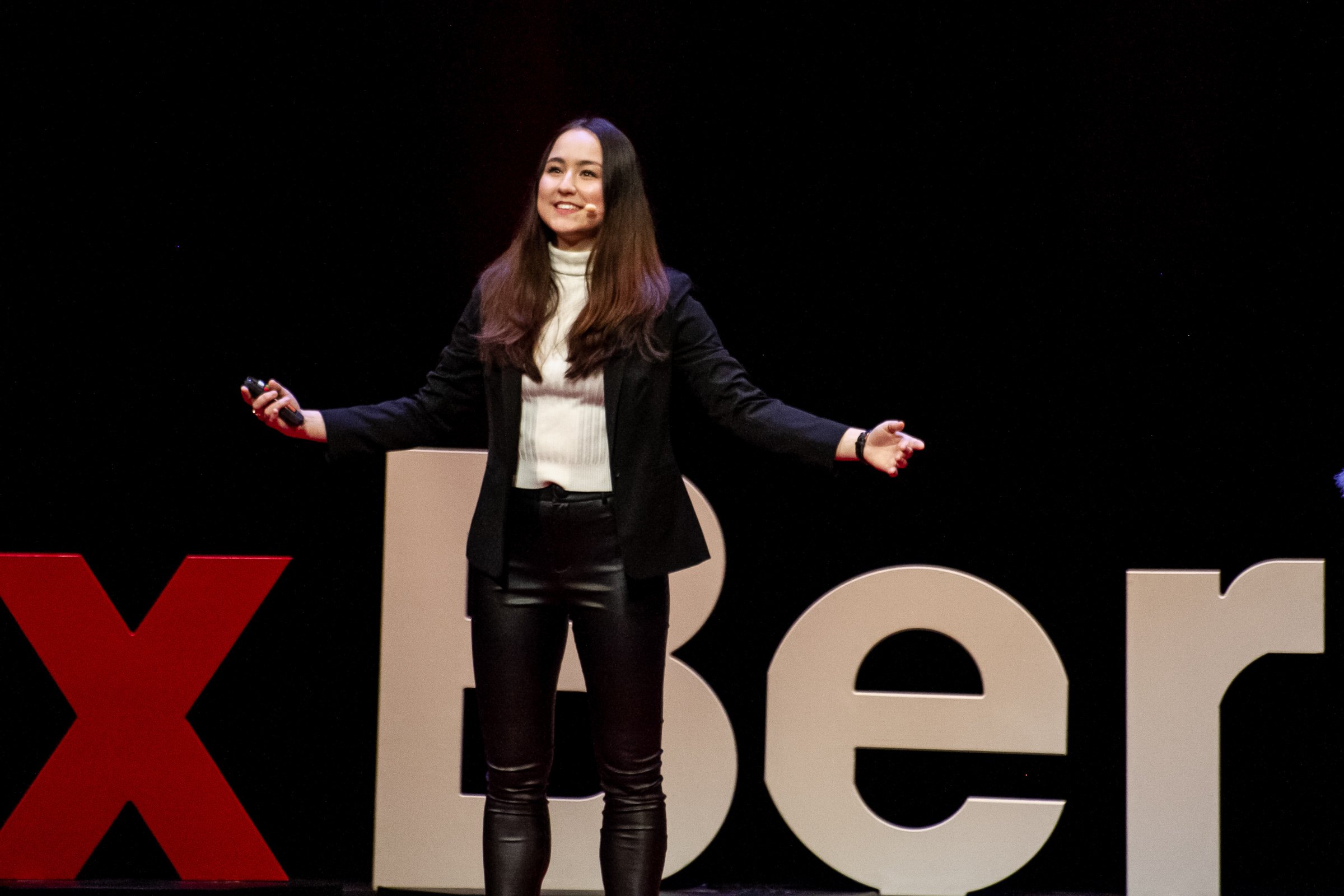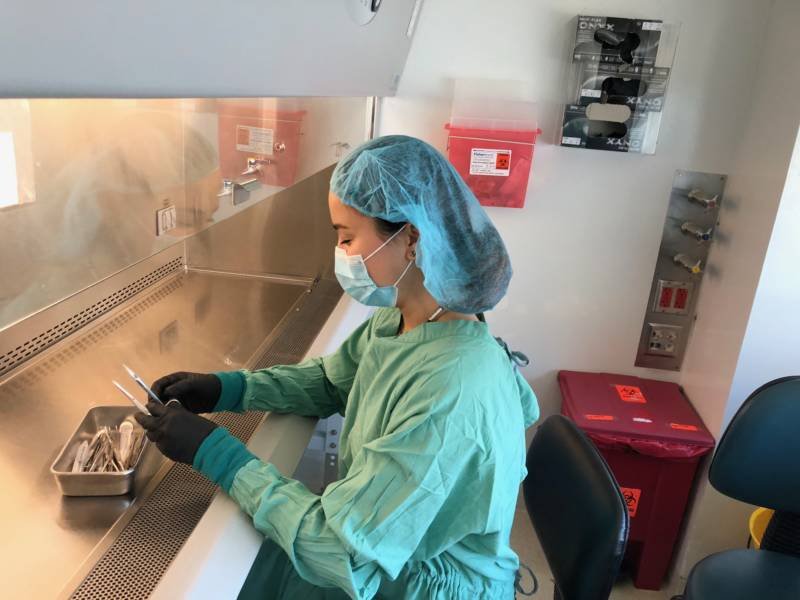Miko Fogarty: A Dancer and Medical Student Hoping To Heal Others
In 2012, the award-winning documentary First Position was released. The film follows six pre-professional dancers as they prepare for the Youth America Grand Prix (YAGP), an international competition where ballet dancers can potentially kickstart their dance careers. The stakes are incredibly high for these young performers, with only a handful of scholarships and contracts for the nearly 10,000 participants.
One of the bronze winners that year was Miko Fogarty, a 12-year-old from California whose entire life was ballet. At the time, Miko had left traditional school to keep up with her strict training schedule and competition rehearsals. First Position sheds light on the sacrifices young dancers make to pursue a career in dance, with many giving up normal childhoods in order to focus on training. Dance became what Miko lived and breathed. This dedication drove Miko to later earn even higher titles at other acclaimed competitions.
At only 15, Miko was already well in the spotlight, with a massive social media following and over a million views on her YouTube videos. But to her, “it didn't really feel like [she] was in the public eye except for in the dance world.” “It was a good amount of fame,” she reflects. At 16, she won the gold medal at the International Ballet Competition in Moscow, often referred to as the Olympics of ballet. Just a year later she landed her dream job at the Birmingham Royal Ballet: the UK’s premier touring ballet company.
When she first entered the company, she felt as if a weight had been lifted off her shoulders: she could turn her attention from competing to instead performing.
However, during her first year with the company, something didn’t feel right to Miko. What she thought would be a joyous experience ended up being the opposite. “Growing up I really loved watching theatre and dance,” she says. “I have this incredible sense of joy when I watch performances. I always thought I would feel something similar if I was the one dancing on stage.” But Miko did not feel this sense of happiness; instead, she found herself confronting body image issues and struggling with injuries.
While Miko still maintained a genuine love for ballet, she didn’t see herself doing ballet much longer. She left the ballet company that year, embarking on a new endeavor: medicine. She was excited to incorporate both her knowledge of dance and her interest in the human body to help others. She credits her dance injuries and a book she received while attending the American Ballet Theatre summer intensive titled The Healthy Dancer for forming her interest in medicine. “When I was figuring out how to transition my career out of ballet, it was such a natural path towards health and medicine because it’s something that I had an interest in already,” she says.
Miko studied at community college for two years before transferring to the University of California, Berkeley as a pre-med student. She enjoyed being a student and learning with others, especially after having attended online school during her childhood. While it was tough to keep up with schoolwork at times, she says her dance background gave her a leg up. She could connect what she had learned from ballet to her coursework, including knowledge of different muscles and bones she had used for years in her dance training. “Dancers are so in tune with their body, which is something I’ve found super helpful,” she says. “It helped everything make sense.”
“I want to be able to gain dancers’ trust, having been one myself,” she says. “I want to be a reminder for them that health comes first.”
Rediscovery is a theme I come back to when reflecting upon my conversation with Miko. Going from social media ballet star to pre-med college student, Miko felt both liberated and nervous when she left the dance world. It took her two years after leaving ballet to open up to the dance world about what she was now doing, taking the time to find her identity outside of ballet while gaining confidence in her decision to switch career paths. “The most difficult part of the decision was feeling like I would disappoint a lot of people,” she says. “I felt like I had so many eyes watching what I would do next. I ultimately decided to put myself first.”
Despite no longer dancing professionally, Miko remains involved in ballet by taking classes as well as teaching young students. She also hopes to continue working with dancers in her future career as a doctor. After recently graduating from UC Berkeley, she is attending podiatric medical school this fall, studying to be a foot and ankle surgeon. “I want to be able to gain dancers’ trust, having been one myself,” she says. “I want to be a reminder for them that health comes first.”
Anyone feeling lost in their current lives and looking for the courage to rediscover themselves can find hope in Miko. While she didn’t end up with a career in ballet, she continues to celebrate her dance journey and the drive it gives her in her everyday life. By continuing her doctoral studies, Miko is showing the world the importance of being your true self and that it’s never too late to fulfill your dreams.
STORY JACQUI PASH
PHOTOS MIKO FOGARTY



